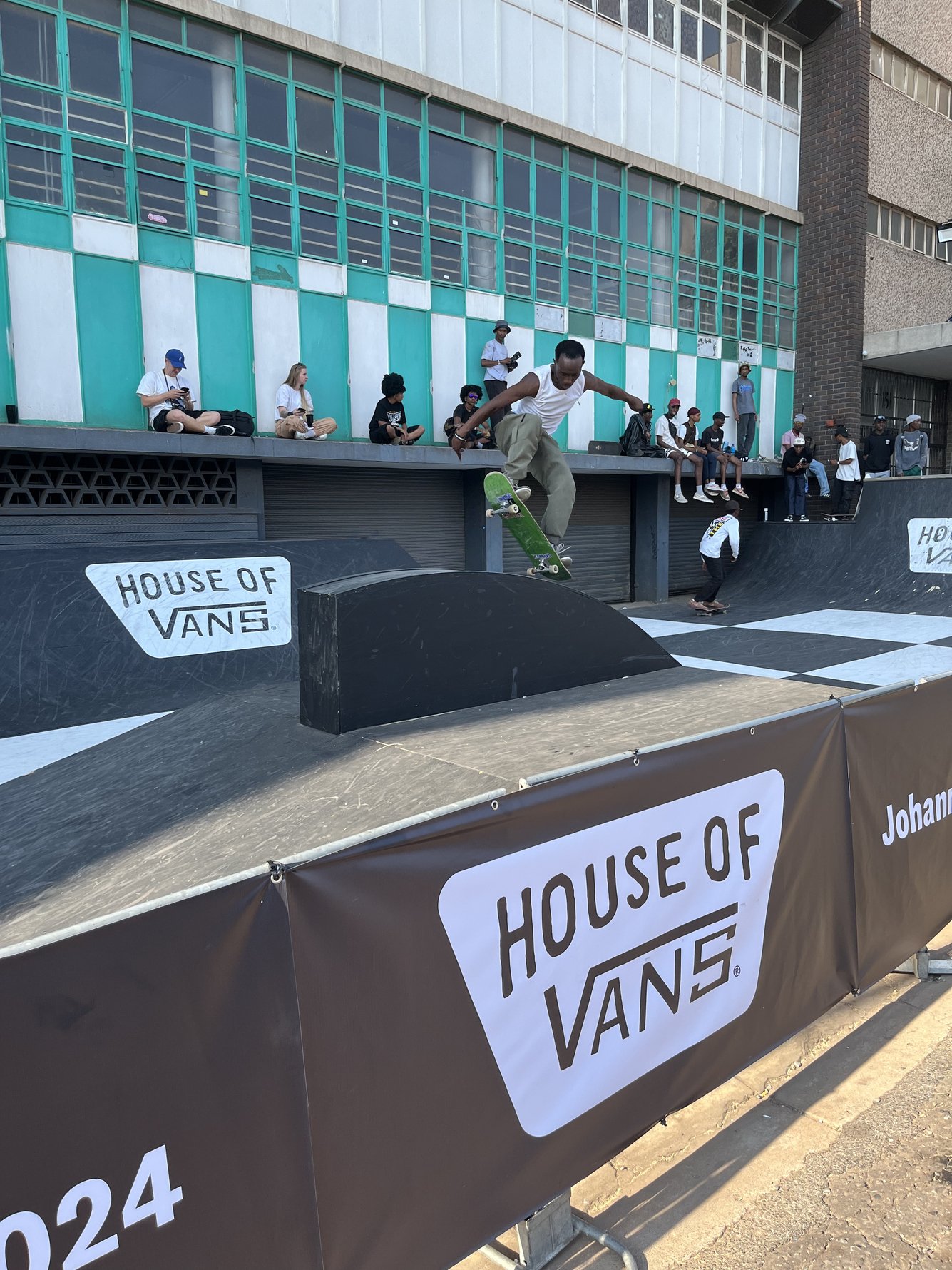
Making its return to Joburg for the first time since 2019, the House of Vans festival carried forward the spirit of its 2010 debut in Brooklyn, New York, which featured a 2,320-square-metre venue, indoor skate bowl, outdoor street course, an art gallery, a performance by legendary hip-hop group Public Enemy, and an appearance by skateboarding pioneer Tony Alva. Now a global multiday event, House of Vans has expanded to cities including London and Shanghai, and now back to Johannesburg, uniting communities through a shared passion for skating, art, and street culture.
Since the 1970s, Vans has been the go-to skate shoe, cementing its place in skateboarding culture with rugged soles and an unmistakable edge. It all began when a 13-year-old Mark Van Doren, son of co-founder James Van Doren, designed the now-iconic "Off the Wall" logo to stencil onto his skateboard. Skaters loved Vans’ tough design and grippy sole, and by 1976, skateboarding pros like Tony Alva and Stacy Peralta were rocking the Vans #95 (now known as the Era), making it the must-have shoe for skaters everywhere. From then on, Vans wasn't just a shoe, it was the skate shoe.
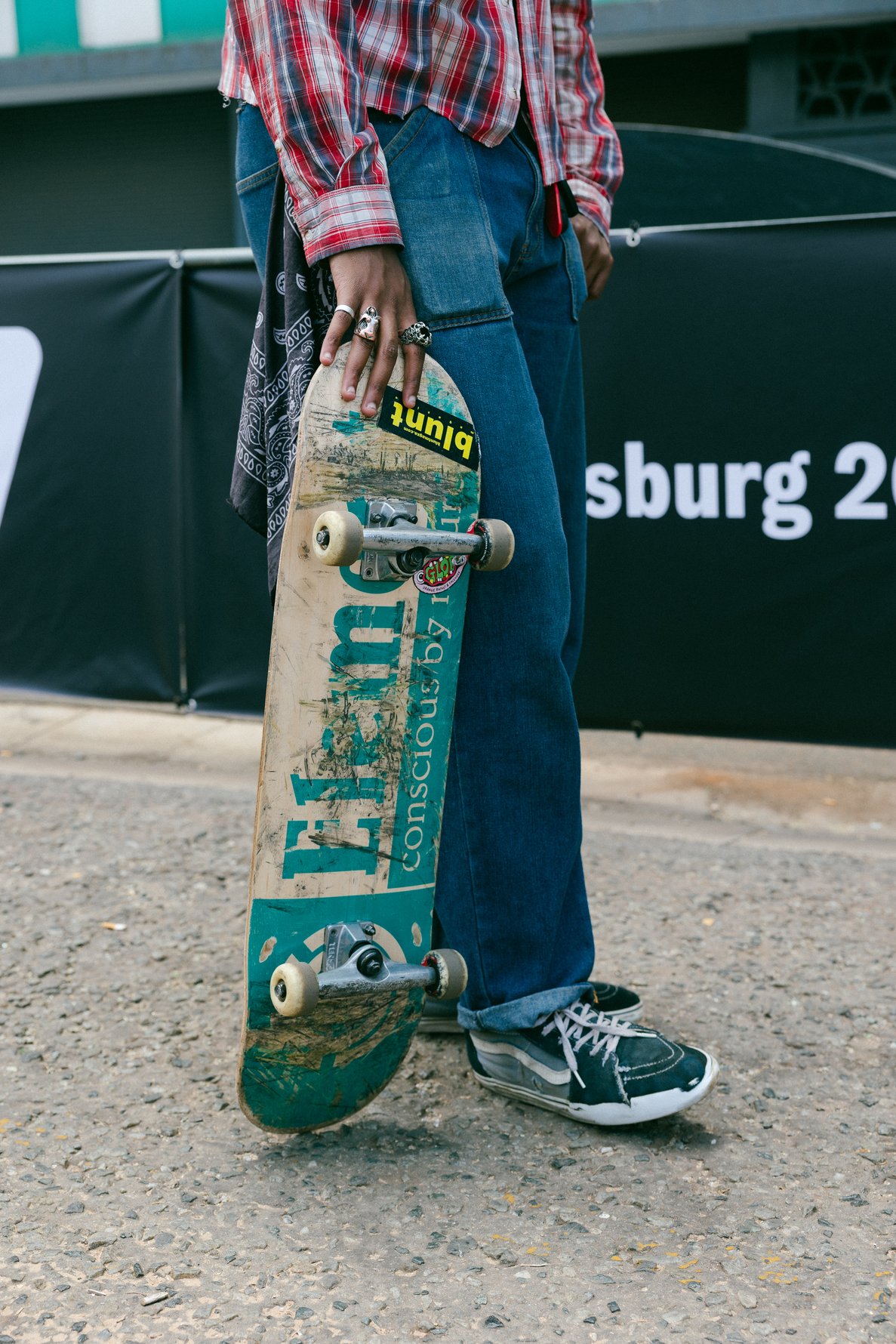
As always, skateboarding took centre stage at House of Vans, with ollies, board slides, and other popular tricks on full display. More experienced skaters put their best foot forward at the custom-built Vans skatepark overlooking the Nelson Mandela Bridge, showcasing their skills and even cashing in on tricks. Those wanting to get in on the action could participate in free skate sessions in the early afternoon (if you are keen to learn how to skate, check out our unique sports in Joburg guide). Attendees created their own mini skate area in the open space between the skatepark and bar, practising tricks at their own pace, showcasing the creativity and adaptability of Joburg's skate culture and encouraging the use of Joburg's public spaces.
Another standout feature of House of Vans was the art. From installations to live creations, the festival showcased a variety of artistic expressions. A pop-up store featured local brands like Studio Bananaaa, Sealand (both featured in our November shopping guide), Broke, Shelflife, and Franasonic. Bantu Records also had a spot where attendees could pick up vinyl, taking the festival’s soundtrack home with them.
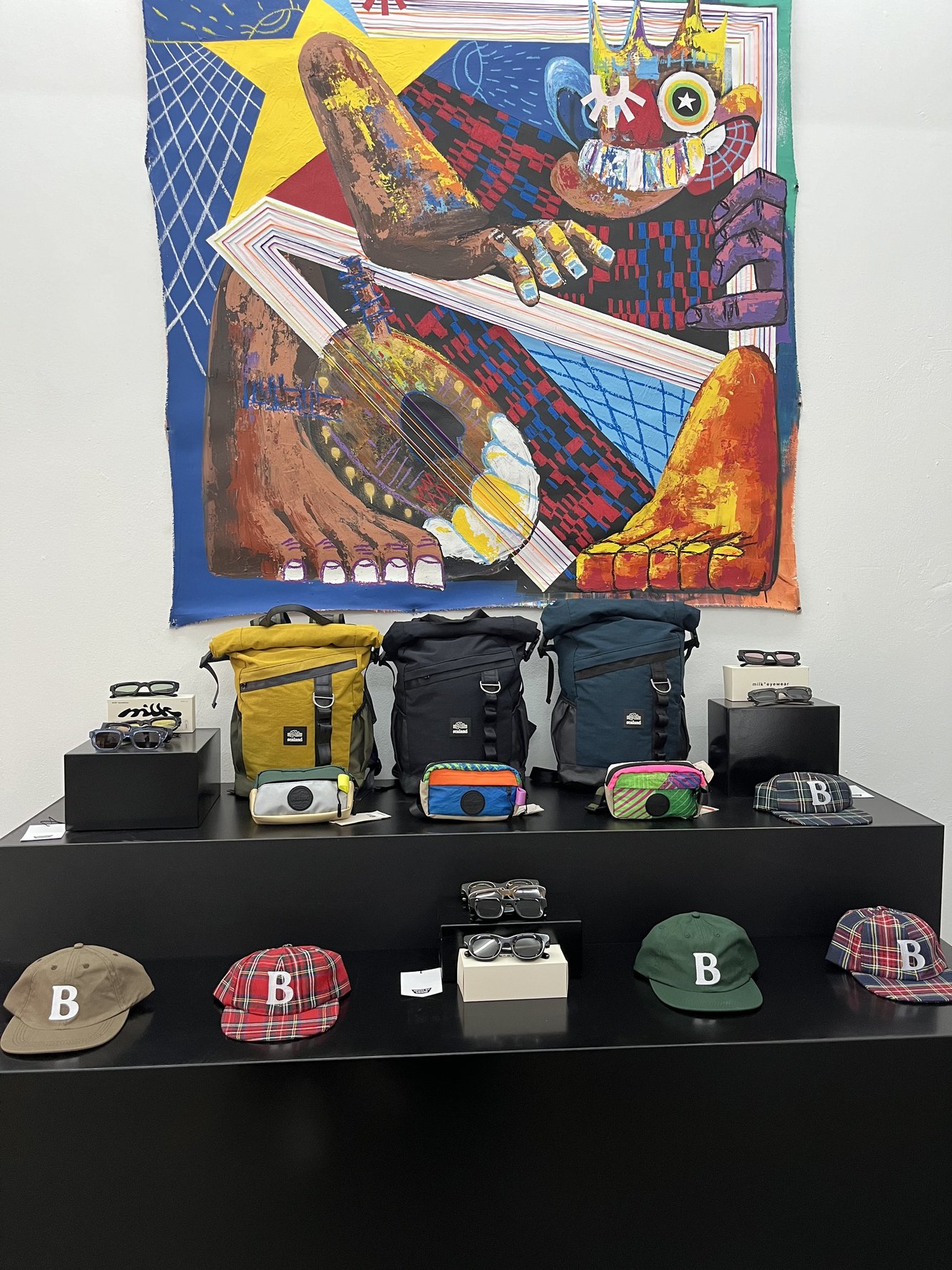
Street fashion was another highlight, with many attendees rocking Vans (of course), whether fresh off the shelf or well-worn sneaks. Denim was a key trend, with baggy, low-rise styles in various washes leading the charge. Graphic tees, and lots of jewellery and other accessories completed the looks. So many travellers remark about Joburg's distinctive street style, and this was a prime example of that local flair.
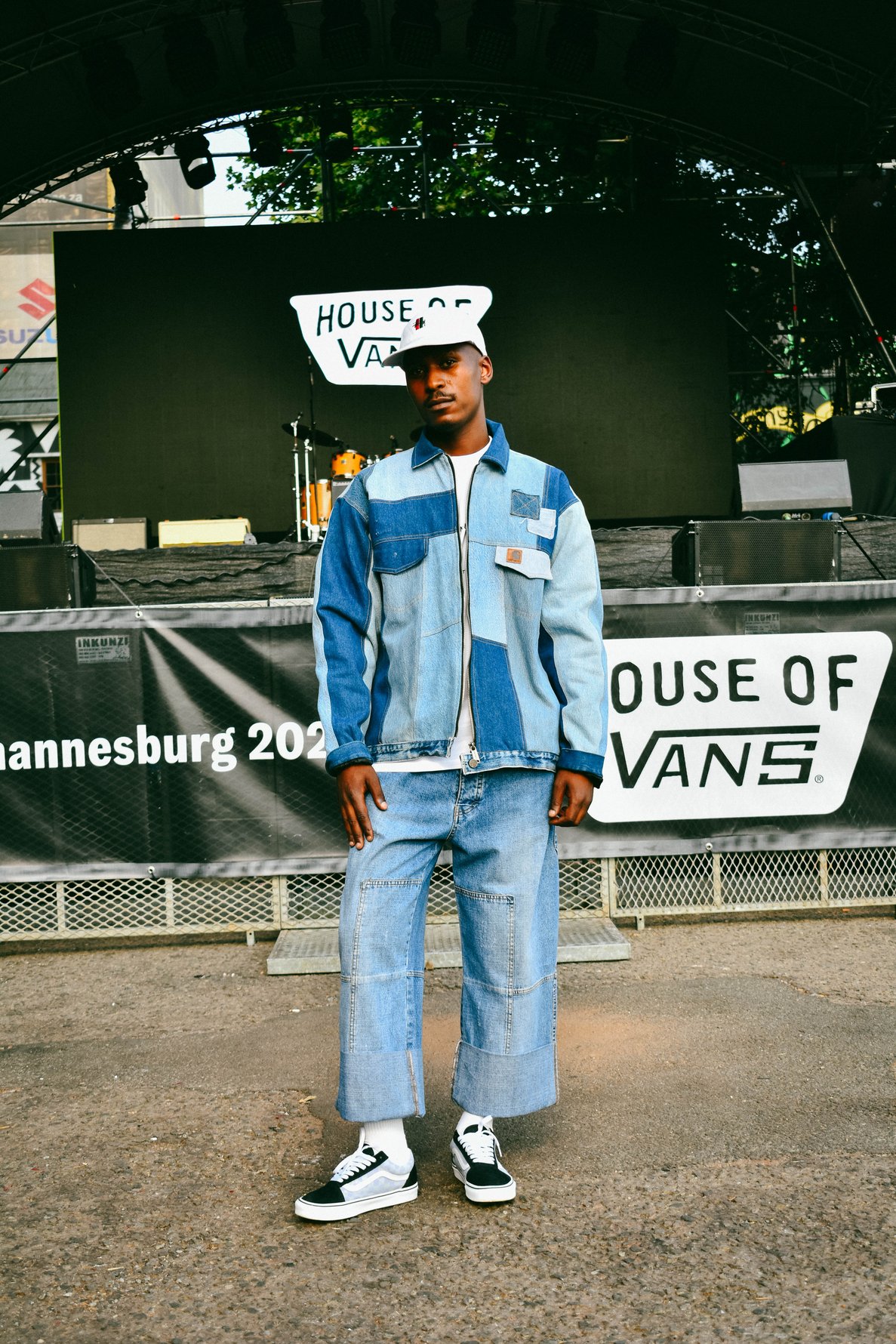
The festival also featured exhibitions showcasing local skateboarding and street culture, including one called Crispy skateboards, a father-and-son business that crafts premium handmade boards and collaborates with artists on unique designs. Their interesting artist collaborations where the canvas is a skateboard were on show, merging the worlds of skating and fine art. Also on display, photographers Chenai Gwandure, Kyle Kheswa, David Schiffman, and Grant McLachlan capture the rawness and grit of the skate scene, making a hero of its energy and authenticity.
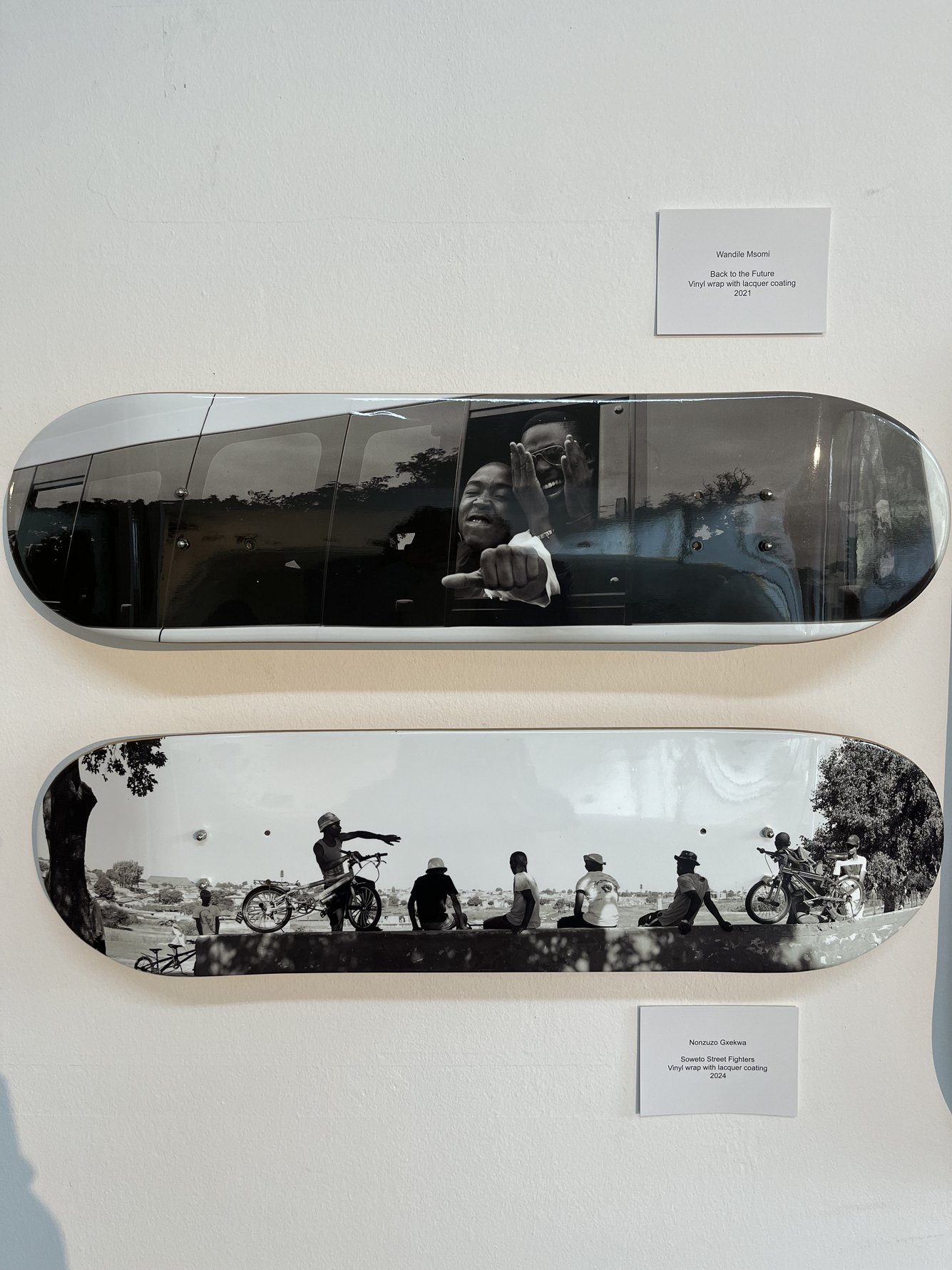
A key component of the festival was its focus on community building and interactivity through a variety of workshops. Beginners could jump into a skateboarding workshop to try their hand at the sport (though you had to get there early as this particular workshop was full), while art, printmaking, and zine company Alphabet Zoo teamed up with culture curators and agency Ebumnandini (known for hosting some of Joburg's most exciting parties) to lead a fun zine workshop. We had the chance to attend this workshop, where we spent time flipping through magazines and cutting out images, words, letters, and anything else we found interesting to create A5 collages celebrating Vans, Ebumnandini's sixth anniversary, and local street culture, highlighting what these elements represent and how they're connected. A board-building session engaged local youth and women from the skate community, and attendees had the chance to print their own custom designs on T-shirts in a press printing workshop with visual storyteller Njabulo Hlophe.
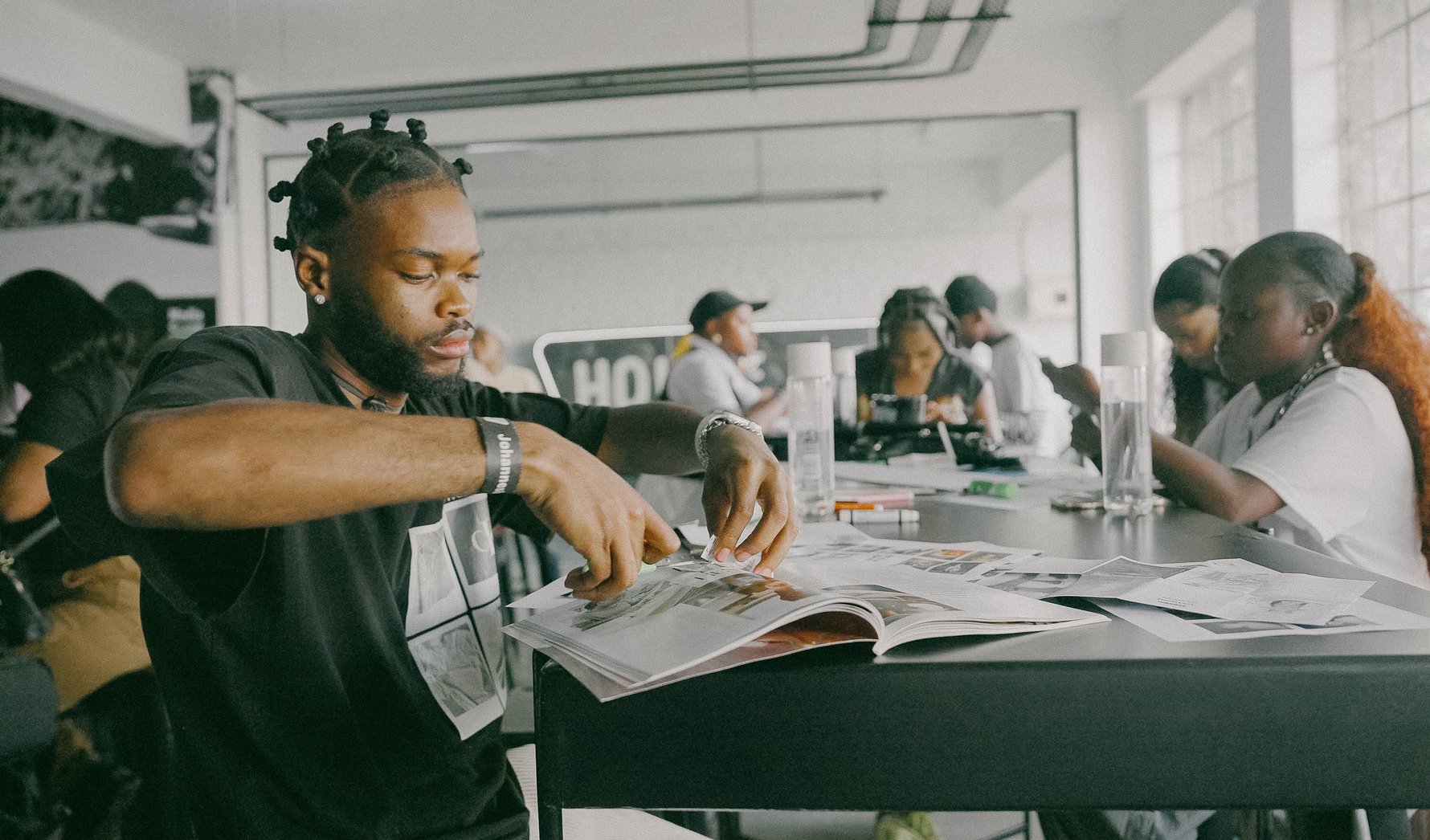
Without a doubt, the biggest draw of the festival was the music. Local talent including the rising alternative band Internet Girl, rapper K.Keed, and Marcus Harvey. The main stage featured Lordkez, a recent South African Music Award-winner for best R&B/Soul Album, and producer-DJ Muzi had the crowd hooked with his electrifying performance. But the true highlight of the weekend was the festival's headliner, British-Nigerian rapper Little Simz (who’s also a Vans ambassador). Her unforgettable performance had fans chanting, "Simmy, we want to party!"
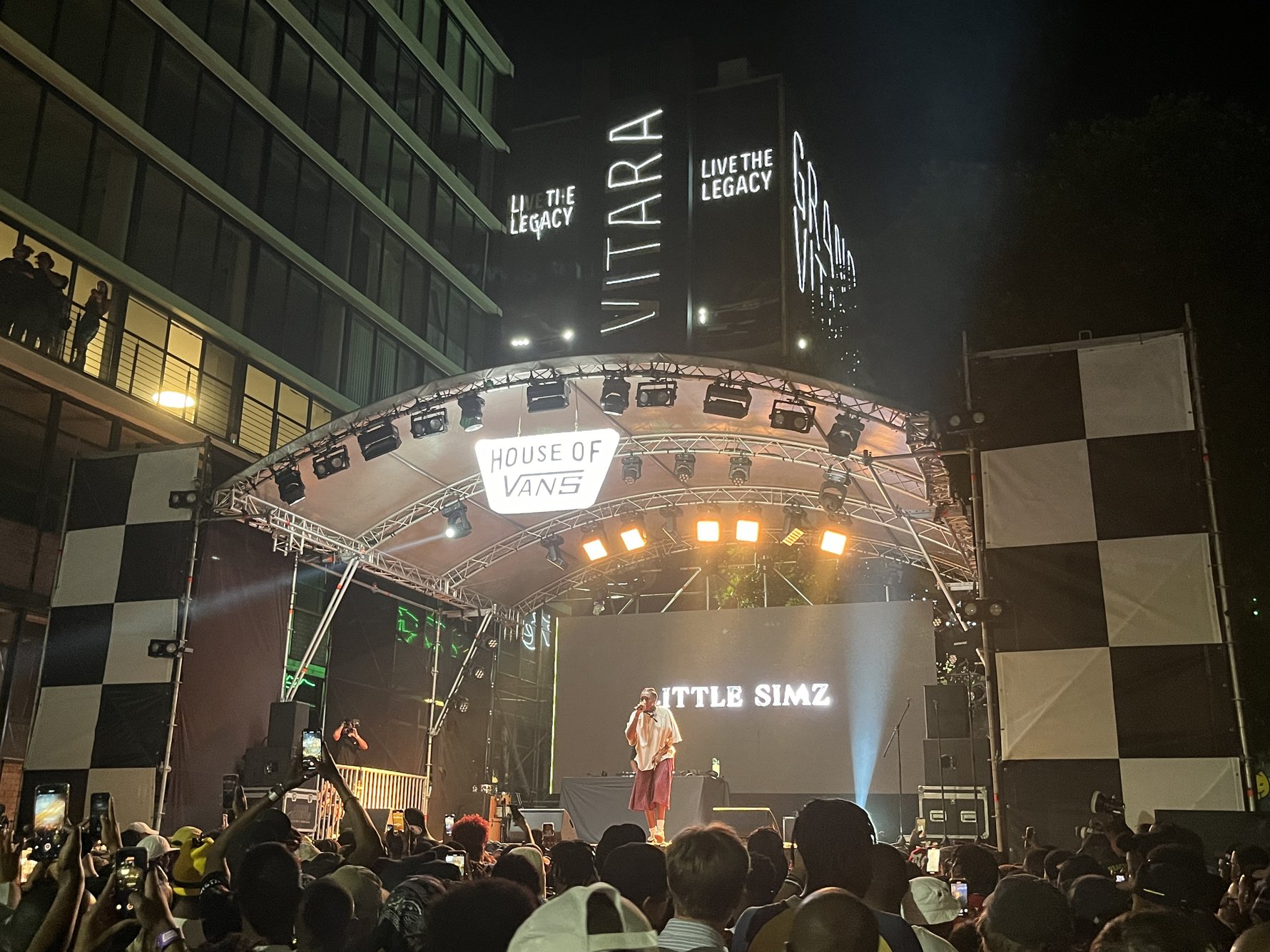
By bringing the House of Vans festival back to Johannesburg, Vans didn't just roll out the red carpet for local skate culture; it made it the star of the show by focusing the spotlight on one of the city's most vibrant subcultures that’s pulsing with energy and inclusivity. Despite its sometimes intimidating edge, Joburg skateboarding culture thrives on bringing people together and welcomes everyone into its fold. House of Vans was a reminder of how skateboarding, art, and street fashion are all intertwined, each influencing and celebrating Joburg's unique street culture. The ripple effect of an event like this extends far beyond the weekend, uniting communities through self-expression and cementing street culture as a driving force in Joburg's creative future.


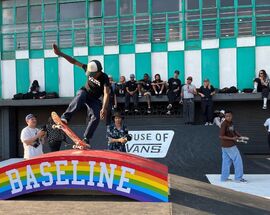
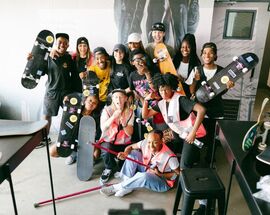
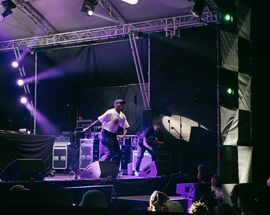


Comments